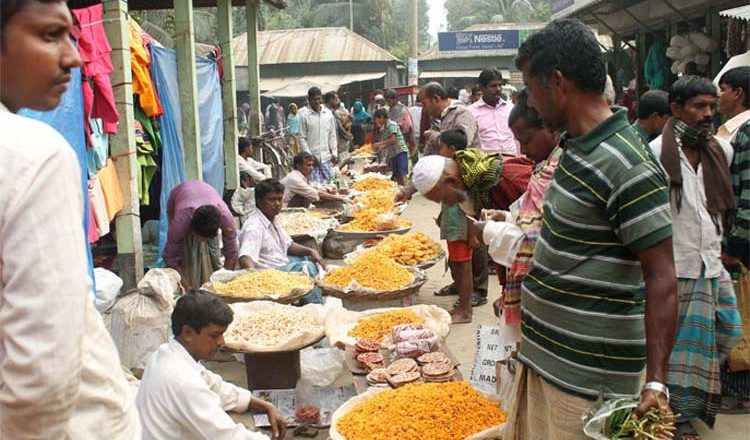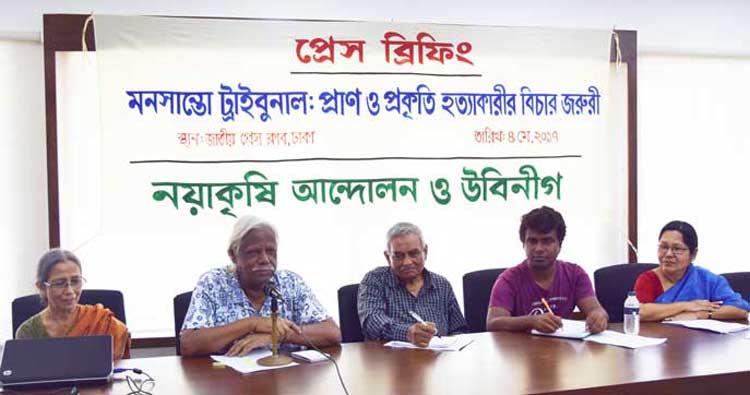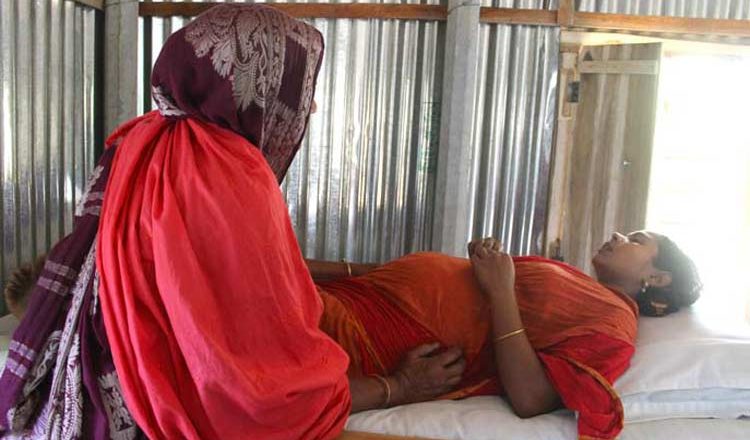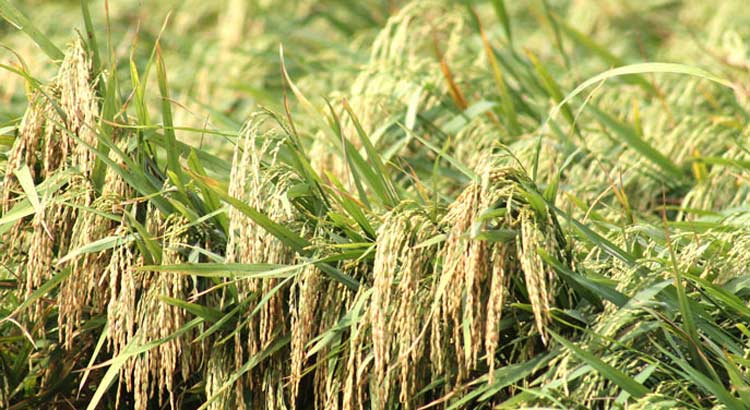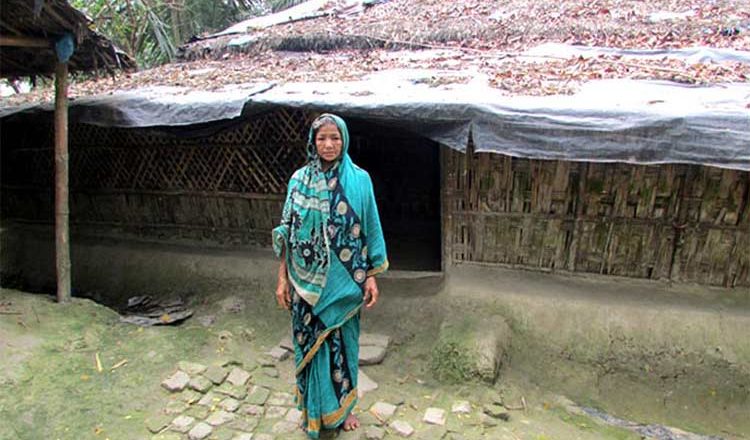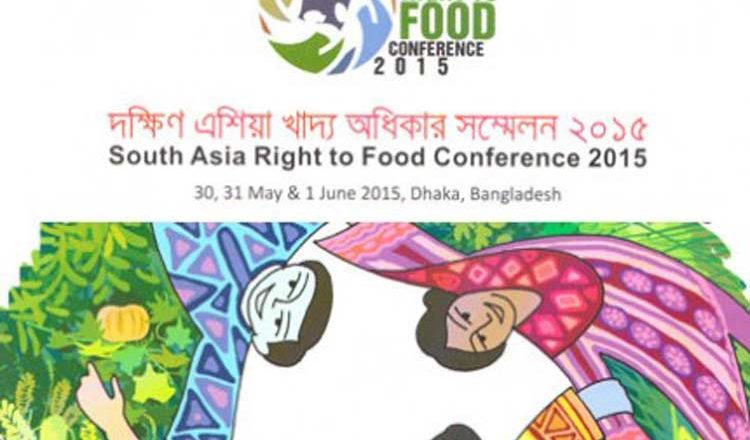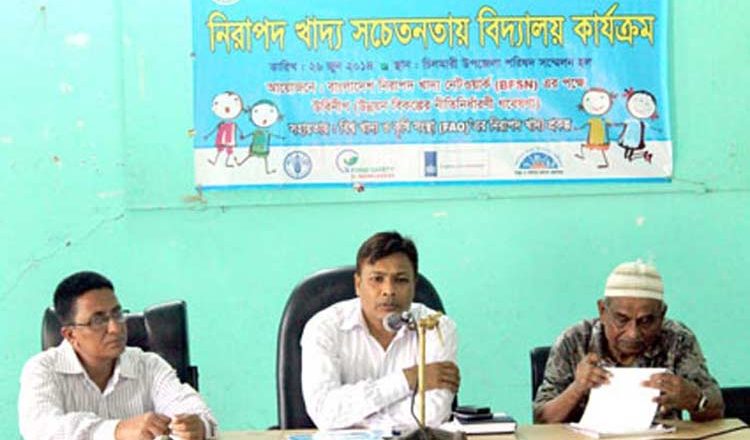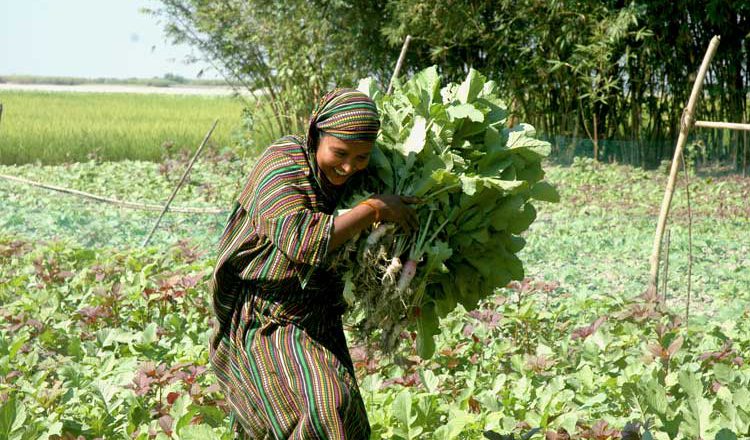Flood: Hat-bazar in Tangail
UBINIG
Flood affected 52,000 people in 58 villages, 8 unions of Delduar Upazila in 2017. Flood water entered quickly in the villages from the Dhaleshway river, and its innumerable tributaries. In addition there was heavy rain. The farmers could not anticipate anything about the un-expected heavy rain and the flood. Elashin, Dewli and Lauhati unions are closely covered by the rivers. Flood water entered into other villages and unions.
The farmers of Delduar upazila are not only self contained in food grains but also they supply the surplus to Dhaka and other districts around. The crops in the field have been affected by the flood, likewise the poultry birds, farms, fish ponds, homestead areas, livestock farms, varieties of vegetables and the street vendor households have be...
